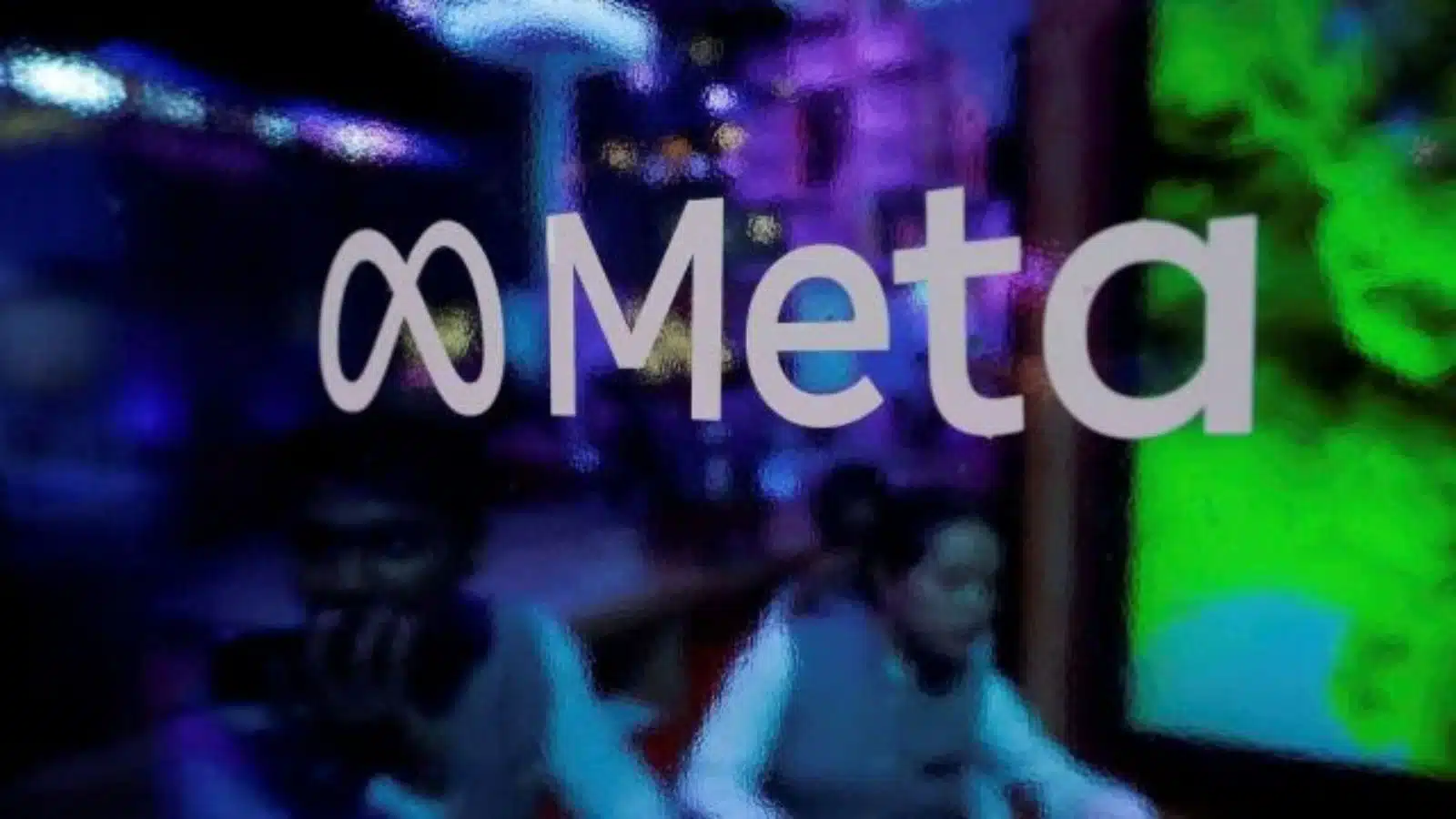Meta Requests Court Decision on FTC’s Evidence Insufficiency

Facebook’s parent company, Meta Platforms, has requested a federal judge to dismiss the U.S. Federal Trade Commission’s (FTC) antitrust case against it. The company argues that the FTC has not sufficiently proven its allegations of illegal monopoly in the social media sector. This case centers on Meta’s acquisitions of Instagram and WhatsApp, which the FTC claims were intended to eliminate competition. The trial, which began on April 14, could significantly impact the future of Meta’s business operations if the FTC succeeds in its efforts to reverse these acquisitions.
Meta’s Defense Against Antitrust Claims
Meta’s legal team presented its argument in a Washington courtroom, asserting that the FTC has failed to establish a compelling case against the company. The FTC contends that Meta, previously known as Facebook, unlawfully dominated the social media market through its purchases of Instagram and WhatsApp. These acquisitions, which took place over a decade ago, are now under scrutiny as the FTC seeks to reverse them. Meta’s request for a ruling on the evidence presented so far could expedite the case’s conclusion, although U.S. District Judge James Boasberg has the discretion to reject this request.
As the trial progresses, Meta is now in the process of presenting its own evidence, which may extend into June. The company argues that the FTC’s claims lack merit and that it has not demonstrated a significant difference between social media platforms like Snapchat, Instagram, and Facebook, and other content-sharing platforms such as TikTok. This distinction is crucial for understanding the competitive landscape of social media.
Evidence Presented at Trial
During the trial, Meta highlighted evidence suggesting that WhatsApp had no intentions of evolving into a social networking competitor prior to its acquisition. The company pointed out that CEO Mark Zuckerberg was aware of this fact before finalizing the deal. Furthermore, Meta argued that Instagram has thrived since its acquisition, countering the FTC’s narrative that the purchase was solely aimed at stifling competition.
The FTC has attempted to illustrate that Meta’s acquisitions were part of a broader strategy to eliminate potential rivals. They referenced internal communications from Zuckerberg expressing concerns about the growth of these apps. However, Meta’s defense challenges the FTC’s interpretation of these communications, asserting that the agency has not adequately demonstrated how these acquisitions harmed competition in the social media market.
Potential Outcomes of the Case
If Judge Boasberg denies Meta’s request to dismiss the case, both parties will proceed to file final briefs and present closing arguments once Meta concludes its evidence presentation. Should the judge determine that Meta holds an illegal monopoly, the case could advance to a second trial focused on appropriate remedies to address the alleged antitrust violations.
The implications of this case are significant, not only for Meta but for the broader technology sector. A ruling against Meta could set a precedent for how acquisitions are scrutinized in the future, potentially reshaping the competitive dynamics of social media platforms. The outcome of this trial will be closely watched by industry stakeholders and regulators alike, as it may influence future antitrust actions against major tech companies.
FTC’s Position and Next Steps
The FTC’s spokesperson did not provide immediate comments regarding Meta’s latest request. The agency’s position remains that Meta’s acquisitions of Instagram and WhatsApp were detrimental to competition in the social media landscape. The FTC argues that platforms where users share content based on common interests, such as TikTok, YouTube, and Reddit, are not interchangeable with traditional social media apps like Facebook and Instagram.
As the trial unfolds, the focus will remain on the evidence presented by both sides. The outcome will not only affect Meta’s business operations but could also have far-reaching consequences for the regulatory environment surrounding technology companies. The trial’s conclusion may redefine how antitrust laws are applied in the rapidly evolving digital landscape.
Observer Voice is the one stop site for National, International news, Sports, Editor’s Choice, Art/culture contents, Quotes and much more. We also cover historical contents. Historical contents includes World History, Indian History, and what happened today. The website also covers Entertainment across the India and World.
Follow Us on Twitter, Instagram, Facebook, & LinkedIn

